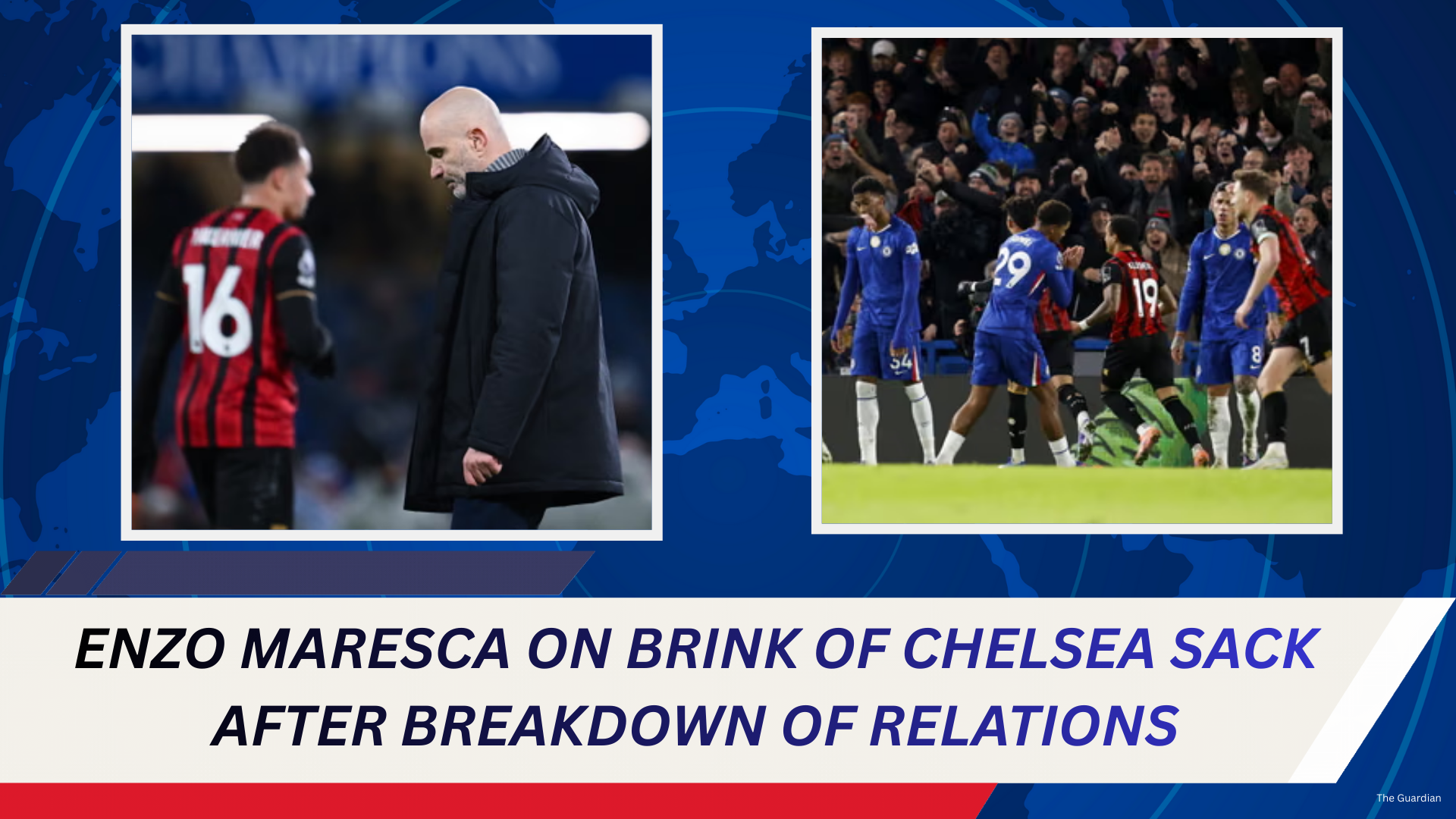Cape Verde came agonizingly close to achieving a historic milestone in international football, only to have their World Cup dreams temporarily dashed by a controversial offside decision in the final moments of their African qualifier against Libya. The Atlantic Ocean archipelago, poised to become the second-smallest nation ever to appear at a World Cup, saw a remarkable comeback effort denied, leaving fans and players alike reeling.
The stakes were high. A victory for Cape Verde would have sealed their place at the 2026 World Cup, marking the nation’s first appearance on football’s biggest stage. They had trailed 3-1 against Libya with just 14 minutes remaining, but displayed remarkable resilience to level the game at 3-3. The drama reached fever pitch in the sixth minute of added time, when Cape Verde appeared to score the winner on a four-on-one breakaway. The joy was short-lived: the referee flagged for offside, a decision that was immediately met with outrage on the visiting bench.
Without the aid of video assistant referees in African qualifiers, Cape Verde had no recourse to overturn the call. Despite the disappointment, the team still leads Group D with 20 points, two ahead of Cameroon, who are second but have a far superior goal difference. Cape Verde still has a chance to qualify with a win against Eswatini in the final round of group matches, which will guarantee them a spot in the 2026 tournament. The group winners automatically qualify, while the second-placed team could still progress through African play-offs and potentially an intercontinental qualifier.
A Game of High Drama
The match started with a shocking early setback for Cape Verde. Libya struck inside the first minute when Roberto ‘Pico’ Lopes inadvertently headed Fadel Mansour’s cross into his own net. Despite the early shock, Cape Verde responded in the 30th minute when Telmo Arcanjo scored a headed equaliser. Libya regained the lead just three minutes before halftime through Ezoo El Mariamy, who capitalized on a rebound to put the Mediterranean Knights ahead.
The second half seemed to confirm Cape Verde’s struggles, as Mahmoud Al Shilw’s extraordinary long-range free-kick made it 3-1 for Libya in the 58th minute. The Mediterranean Knights continued to threaten, hitting the woodwork twice through Saif Jaddour and El Mariamy, and Cape Verde’s Mohammed Soulah was repeatedly denied by the resilient Blue Sharks goalkeeper, Vozinha.
Yet Cape Verde showed remarkable perseverance. A lapse in concentration from Libya’s keeper Murad Al Wuheeshi allowed Sidny Cabral to score from a hopeful long ball, reigniting the game with 14 minutes remaining. Willy Semedo followed six minutes later, scoring from close range after Libya failed to clear a cross, leveling the score and setting the stage for an extraordinary finish.
The Controversial Finale
The final minutes of the match were a blur of chances, with Cape Verde dominating play and creating multiple opportunities in stoppage time. Semedo had a goal headed off the line by Muhanad Eito, while Nuno Da Costa was denied by Al Wuheeshi when he had the chance to set up an easy tap-in for Semedo. The drama culminated in the 96th minute, when Cape Verde appeared to score the winner, only for the referee to blow for offside—a decision that remains controversial.
While the call denied Cape Verde a sensational victory, it effectively ended Libya’s hopes of finishing second in the group due to their inferior goal difference. For Cape Verde, it was a bitter pill to swallow, but the draw maintains their position at the top of the table and keeps their World Cup dream alive, albeit with a slight twist.
Implications for African Qualification
The result of this match has significant ramifications for African qualification for the 2026 World Cup. Cameroon, the continent’s traditional powerhouse, remains in contention after a 2-0 victory over Mauritius, thanks to second-half goals from Moumi Ngamaleu and Bryan Mbeumo. Cape Verde’s upcoming match against Eswatini will now determine whether they can secure qualification directly.
A win against Eswatini would not only confirm Cape Verde’s spot at the World Cup but also cement their status as one of football’s most inspiring underdog stories. The nation would become the second-smallest to participate in the tournament, a remarkable achievement for a country of just over half a million people.
Cape Verde’s Resilience
What stands out in this match is Cape Verde’s resilience and never-say-die attitude. Trailing by two goals with just over a dozen minutes to play, the team’s comeback demonstrated determination, composure, and technical skill. Players like Willy Semedo, Sidny Cabral, and Nuno Da Costa showcased their ability to perform under immense pressure, suggesting that Cape Verde could be a force to be reckoned with in future qualifiers and even at the World Cup itself.
While the offside decision is a disappointment, the performance highlights the team’s potential and the growing quality of football in smaller nations. Cape Verde has repeatedly shown they can challenge stronger African teams, and their fans now have much to look forward to in the final group games.
Looking Ahead
Cape Verde host Eswatini in the final round of group games on Monday, with Cameroon hosting Angola simultaneously. Both matches kick off at 16:00 GMT. The results of these fixtures will determine whether Cape Verde achieves their historic qualification or if they must wait for another opportunity. Regardless of the outcome, Cape Verde has announced itself as a team capable of producing thrilling football and defying expectations.
For a nation on the brink of making history, the drama of this Libya match will be remembered not as a setback but as a testament to their spirit, skill, and ambition. One thing is certain: Cape Verde remains a team to watch in African football, and their journey to the 2026 World Cup promises to be a story worth following.
%20(4).png)



.png)
.png)

.png)
.png)
